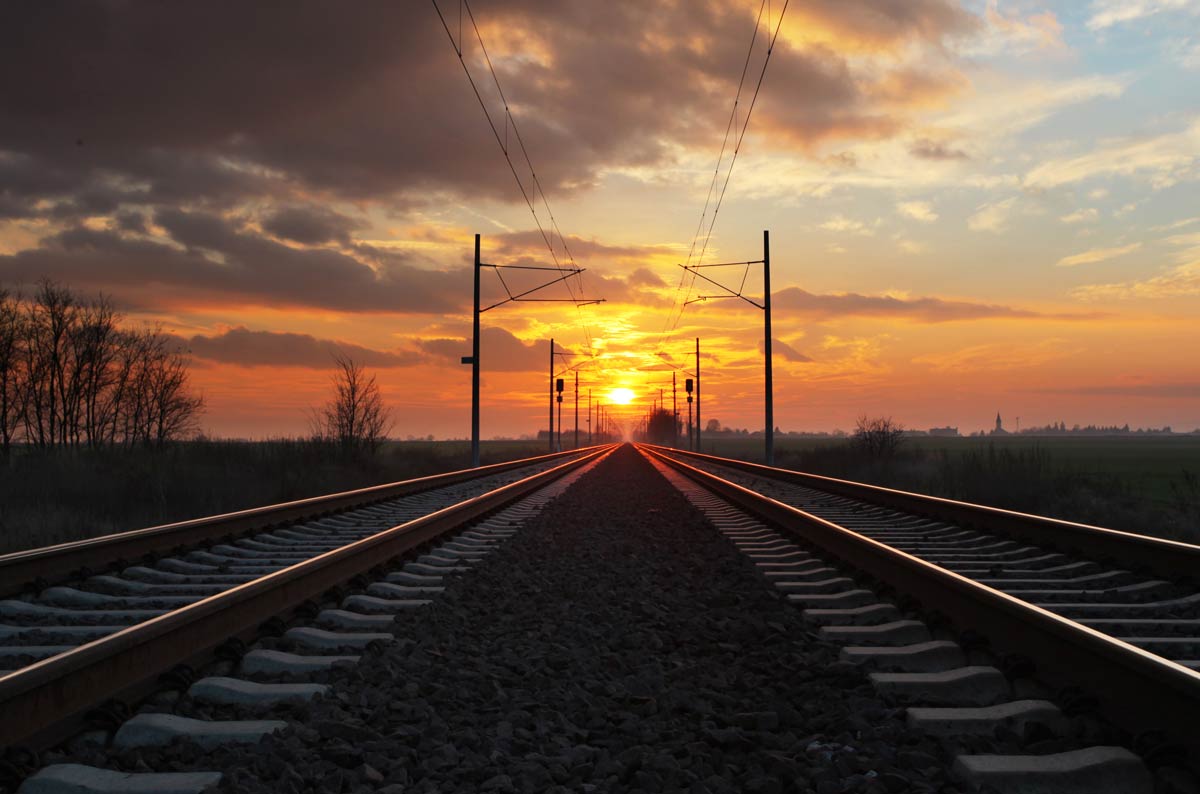Sustainability is a guiding principle of Enneatech’s corporate philosophy. It’s right at the front of the website: “Climate protection is one of the most urgent challenges of our time. This also applies to the plastics processing industry: every metric ton of CO2 saved benefits future generations.”
However, CO2 is not only produced during the production of polyamide compounds and polyamide recyclate, but also during its transport. In April 2023, the German Federal Environment Agency published the following figures: “While greenhouse gas emissions in Germany have fallen sharply since 1990, there has been very little improvement in the transport sector. The share of transport in total emissions has risen from around 13 % in 1990 to 19.4 % in 2021. Since 1995, kilometre-related emissions of the greenhouse gas CO₂ have fallen by almost 12% for cars and 8.5% for lorries. However, because more lorries are on the road, total direct CO₂emissions from road freight transport are now 23% higher than in 1995.”
This is an alarming development – almost 25% more emissions from road freight transport within 27 years. This is why Enneatech is working with hauliers who choose climate-friendly transport routes. Logistics Manager Maxim Kiel explains: “We rely on intermodal transport and can therefore save a good 60 per cent CO2 to entirely road transport.” Intermodal means a mix of rail, ship and road. Enneatech’s goods are transported by lorry to the haulier’s depot. Here they go on by rail or on to the ship. Kiel illustrates this with an example: “We have some customers in Italy. The container with the PA granulate is transferred from the lorry to the train at the haulier’s depot and travels to Italy. Our freight forwarder has a depot there, where they load the goods onto the lorry and drive them to the customer.”
Every shift from road to rail means fewer greenhouse gas emissions. According to Deutsche Bahn Cargo, one goods train can replace up to 44 lorries. Another advantage is that the traffic density on motorways also decreases. Trains produce around 95 per cent less CO2 emissions than air freight transport and are responsible on average for only a third of the emissions of road freight transport. “That’s why intermodal transport is a must for us,” emphasises Kiel.

Clean business
It is also important at Großenfehn that not a crumb of polyamide is lost. Why? Because the production of each individual granule consumes energy and therefore emits CO2. Furthermore, the granules should not end up as microplastics in the environment. This is where Operation Clean Sweep comes into play. Each container is equipped with an inlet. Kiel illustrates: “This is basically a large bag into which the granulate is conveyed directly from the silos. This means that nothing falls out or ends up in any corners of the container.” The granulate is emptied from the bag at the customer’s premises. The haulier then takes back the empty bag. A recycling company uses them to make new inlets or other products.
We have not yet reached the end of the optimisation process when it comes to transport. Kiel explains: “This is an ongoing process; we have been working on the issue since 2018. Our hauliers work with low-emission lorries. Eventually, e‑trucks or hydrogen-powered ships and lorries may also come into play. We are monitoring developments and continuously improving the transport concept with our partners.”
